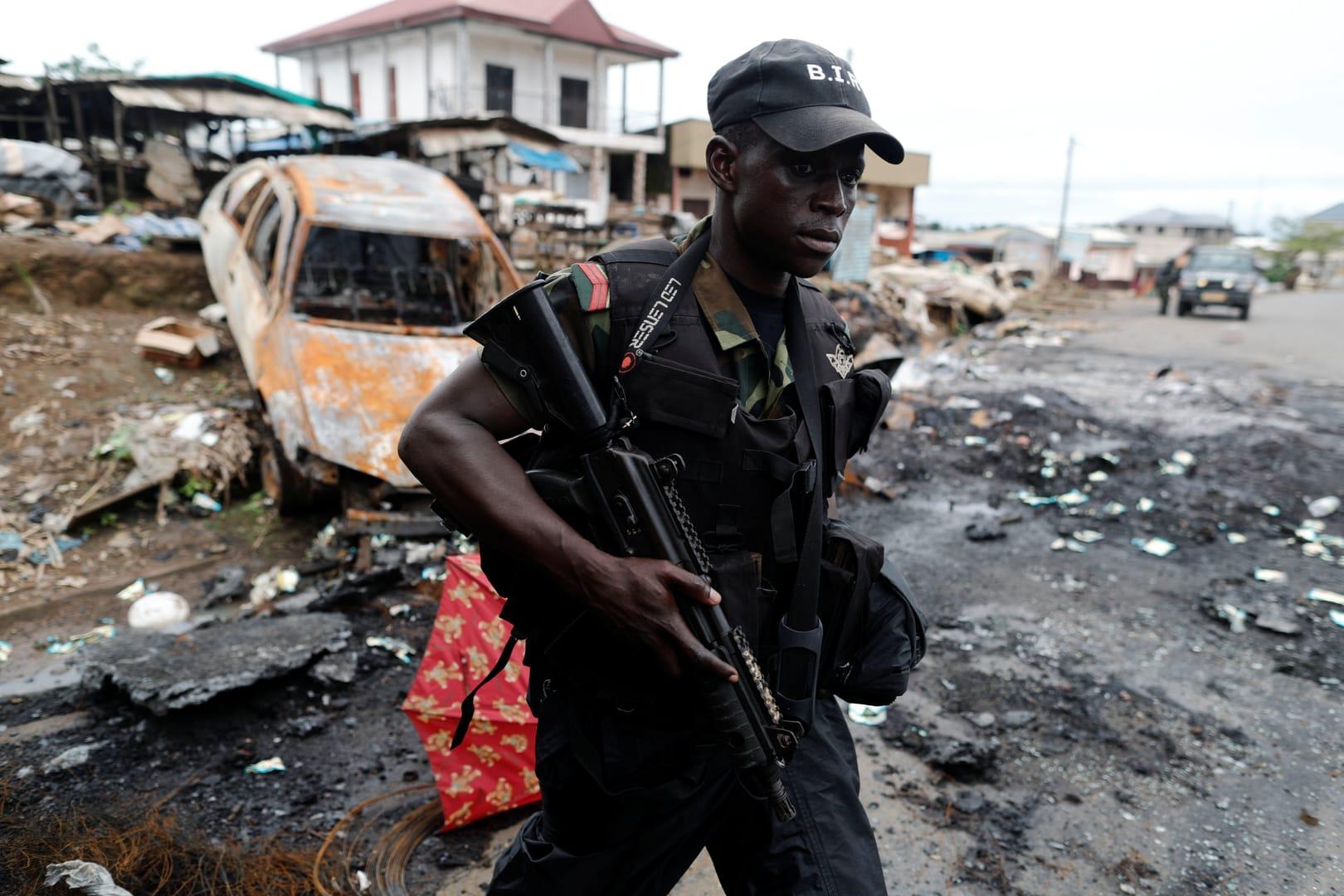YAOUNDÈ, Cameroon – Clergy in Cameroon say they suffered threats and other forms of intimidation as the country went to the polls on March 12 for local elections.
On that day, 15,000 regional councilors voted for 70 of the senators in Cameroon’s 100-seat senate. The other 30 senators will eventually be appointed by the country’s president.
In the country’s two Anglophone provinces, which are currently experiencing a separatist rebellion, local militiamen called on the councilors to boycott the vote. However, the election took place under heavy security protection.
English speakers make up 20 percent of Cameroon’s 27 million people, the majority of which speaks French.
During the election, Catholic clergy say they were targeted.
“The streets of Bamenda [capital of the North West region] were abandoned for the greater part of the day and people only started venturing out towards evening,” recalled Father Joseph Awoh, Vice Chancellor of the Catholic University of Bamenda.
“Some worship services did not hold, and some of those which held were very scantily attended. There was no public transport (including bikes) available, and all shops were closed,” he said.
The priest said someone had warned the region’s clergy not to show themselves on the day of the elections, “even though we had nothing whatever to do with the elections which were taking place.”
Awoh, however, came out that day to celebrate Mass.
“I celebrated an early morning Mass in one of the churches around us. On my way back I was pulled over by a military man who asked his colleague to [search] my vehicle,” Awoh said.
“As I stepped out of the car to open the boot which he insisted should be thoroughly searched, another priest pulled up behind me, and the geezer who had stopped me shouted out in French to his colleagues: ‘Controllez surtout les pasteurs-là.’,” the priest said. This loosely translates to “search especially those pastors.’’
He said the soldier knew they were priests since they were both dressed in cassocks.
“It struck me that he was picking on the priests, especially when later on I learned that there had been explosions of IEDs earlier in town. Had someone told the military that the priests were engaged in ferrying IEDs around town?” Awoh continued.
“This might be an ‘insignificant’ occurrence in the eyes of many, but it typifies what we have been living through on ‘ground zero’ for most of what has come to be called the Anglophone Crisis,” he said.
The crisis started as a teachers’ and lawyers’ strikes in late 2016. They were asking the government for reforms that would ensure the independence of the Common Law legal system and education system inherited from colonial Britain and practiced in the two English-speaking regions.
They accused the central government of attempting to impose the French-inspired Civil Law system practiced in the rest of the country.
When the government responded to the strikes with lethal force, a separatist movement emerged the next year, with the aim of forming a new country called Ambazonia.
The International Crisis Group says that at least 6000 people have since been killed. At least a million people have been forced to flee from their homes.
Those who have remained live in perpetual fear of both the separatist fighters and government soldiers.
“Everyone who wields a gun plays Almighty God and tries to show you that your life is in his/her hands and they can do with it as they please,” Awoh said.
“We are hemmed in on either side and are under enormous pressure to prove to the protagonists in the crisis that we have no sympathies for their opponents, even if in our hearts we do,” the priest added.















